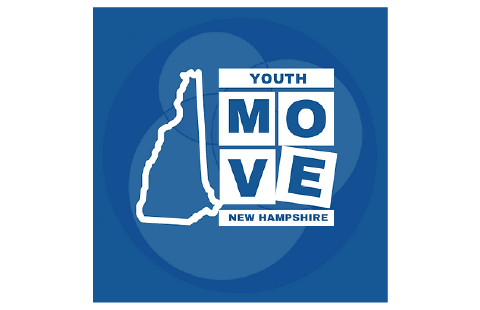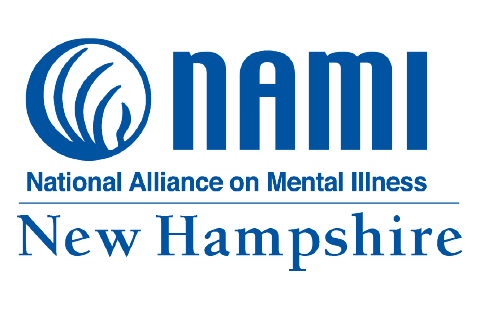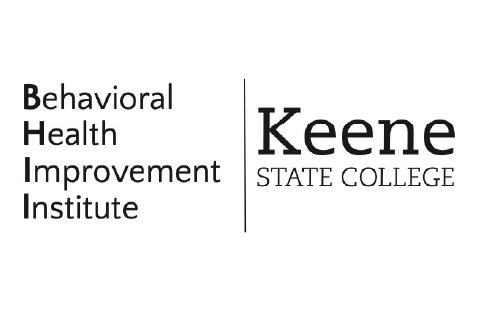
About the CBH Resource Center
The Children’s Behavioral Health (CBH) Resource Center is a product of the New Hampshire Department of Health and Human Services (NH DHHS). It is a comprehensive and easy-to-use guide to resources in New Hampshire's System of Care (SoC) for children. The CBH Resource Center is intended to link children, youth, young adults, and caregivers that experience mental health or substance use concerns and the people who support them to high quality, proven practices.
Children, families, and caregivers, you will find information to help figure out where to start based on what you and your loved ones are currently experiencing.
Visit the Family Center webpage
Providers and other professionals servicing children and families, the Providers page will connect you with more detailed information and resources about individual services and available trainings.
Visit the Providers Webpage
The NH Children's System of Care (CSoC) improves the lives of NH children and youth with mental health or substance use problems by organizing care into a streamlined network of proven services and supports, organized in five tiers matched to different levels of need. What's important about the System of Care is that it is driven by the family and youth, focused on keeping the child in the community, is responsive to people from all backgrounds and cultures, and understands the difficulties that many children, youth, and families have been through. The NH Children’s System of Care is supported by state laws and policies and brings together child protection, mental health, substance use treatment and recovery, juvenile justice, education, child and youth disability, and child development experts, providers, and people who have used those systems. The idea is to align these different systems to improve the behavioral health of all children and youth and to create easier access to care.
Organizations you might work with in a System of Care:
- Primary Health Care System
- Education System
- Mental Health System
- Substance Abuse Treatment Services System
- Child Welfare System
- Juvenile Justice System
- Developmental Disabilities System
- Early Childhood Services System
The NH System of Care is about organizing services and supports and bringing the different children’s organizations and systems together to make it easier for families and youth to connect to the proven services and supports that meet their needs.
What to Expect
The New Hampshire Children’s System of Care:
- Includes the services and supports that are most likely to help you because they have been proven through research. Those services also take into account your culture and experience.
- Includes a process for getting you to the best services and supports given your needs, at the right time, and at the right intensity.
- Focuses on providing services and supports in the community so the child and youth can be with their family, go to their community school, and move forward with their development, whenever possible.
- Includes partnerships that are constantly working on making services and supports better, based on the experiences of children, youth, and families who use the services.
- Stresses the important roles of the parent or caregiver, including being an active part of your child’s mental health or substance use treatment.
Values and Principles
High-quality treatment reflects the System of Care values and principles:

Families and youth are full partners on their care teams, and the strengths and needs of the child and family are at the center of how services and supports are provided.

The goal is always to help the child or youth to do well in their home, school, and community. Community-based services are brought onto the care team to work together towards that goal.

The services are provided with sensitivity to the unique cultural and linguistic needs of the family and youth.

Exposure to very difficult experiences may be playing a large role in what is happening with the family and youth. As they explore these experiences, the care team will listen and support the family and youth on their healing journey.
Who Qualifies?
NH Children’s System of Care law refers to a collaborative network for the delivery of publicly funded behavioral health services to New Hampshire children and youth, ages 1-21. This can include, but is not limited to, children and youth who are part of the following systems:
- Children in need of services.
- Juvenile delinquency.
- Child protection.
- Children with disabilities.
- Children and youth who have a “severe emotional disturbance.”
- Children eligible for early intervention.
- Children eligible for the childcare scholarship program
What We Mean by “Behavioral Health”
Behavioral Health covers both mental health and substance use. Mental health concerns can include problems like depression, anxiety, aggression, and attention problems, among others. Substance use concerns among people under age 18 can include use of any substances, using alcohol, tobacco, cannabis, amphetamines, or opioids, or misuse of prescription drugs. Seek an assessment and professional help when the mental health and substance misuse issues last more than a few weeks or interferes with the child’s or youth’s development, such as getting suspended from school more than once for vaping. The best place to start is by talking with your pediatrician or primary care provider.
The Children’s Behavioral Health Resource Center is set up to help youth, families, and providers to find proven practices whenever possible, based on the NH System of Care model.
Annual Reports
The UNH Institute on Disability submits a report to NH DHHS annually summarizing their and partners' activities and accomplishments, identifying gaps and barriers, and including a financial summary.
2024 NH Children's Behavioral Health Resource Center Annual Report
Systems Assessments
Each year, the NH Children’s Behavioral Health Resource Center (CBHRC) assesses key behavioral health practices delivered to NH children and their families through the public mental health system. This “system of care assessment” is used to identify strengths, needs, and gaps in the NH mental health system that the CBHRC can leverage and address through technical assistance. Key behavioral health practices identified by the CBHRC will be assessed annually on a rotating basis to provide a comprehensive picture over time. These system of care assessments can be found below.
- 2021 Children’s Behavioral Health System of Care Assessment (PDF)
- 2022 Children’s Behavioral Health System of Care Assessment (PDF)
- 2023 Children's Behavioral Health EBP Readiness Report (PDF)
- 2023 Children's Behavioral Health System of Care Assessment (PDF)
Other Reports
- UNH IOD - State Youth Treatment Implementation (SYT-I) Final Report 2024
Report summarizing accomplishments by UNH IOD in the final year of a multi-year implementation grant that is part of NH DHHS's efforts to develop a statewide system of services and supports for youth and young adults with substance use disorders and co-occurring mental health challenges.








